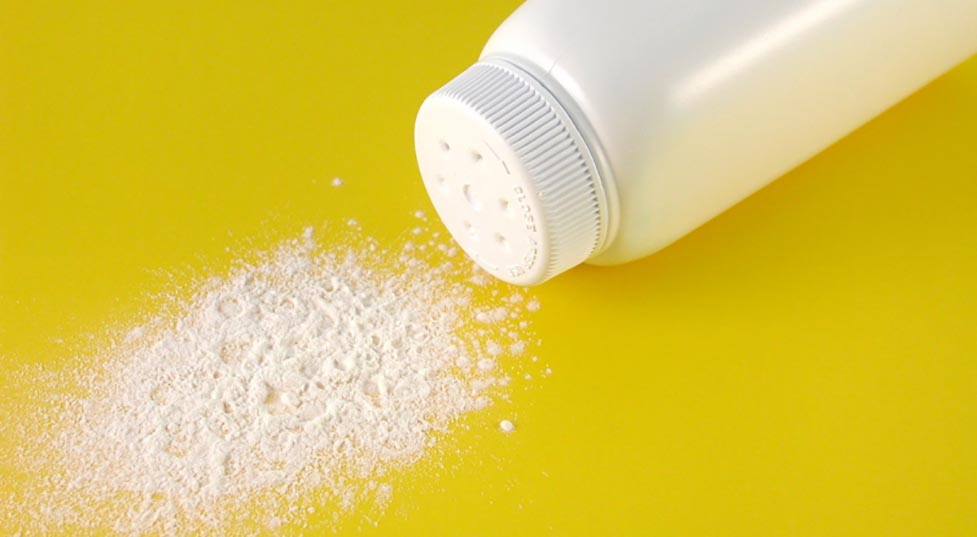Talc powder and ovarian cancer: What you need to know
Talc powder and ovarian cancer: What you need to know
Women in the United States are suing the manufacturers of talcum powder, Johnson & Johnson (J&J), claiming the company is responsible for giving women ovarian cancer.
Over many decades, women applied talc-based powders to keep the groin area cool, comfortable and hygienic.
Although there is some conflicting research, most published medical studies indicate that talc-based powders, when used by women long-term for personal care, are associated with ovarian cancer.
Studies began in the 1970s but a recent study in 2013 published by the journal Cancer Prevention Research showed an increased risk of ovarian cancer of between 20 and 30 percent for women who used talcum powder for intimate personal hygiene.
J&J was aware of the research into talc powder and its potential side effects but did not place a warning label on its products, referring to research into the matter as inconclusive.
The omission of warning labels was the impetus for a 2013 verdict in a South Dakota product liability lawsuit.
A woman who was diagnosed with ovarian cancer after 30 years of using the company’s talc sued J&J.
The jury found J&J failed to adequately warn consumers of the link between the use of its talcum powders for feminine hygiene and an increased risk of ovarian cancer.
Earlier this year, a Missouri jury awarded $72mn to the family of Jackie Fox, who died from ovarian cancer which she said was caused by using J&J’s baby powder and other products containing talcum.
In the trial, Fox’s attorneys introduced into evidence a 1997 internal memo from a J&J medical consultant suggesting that “anybody who denies [the] risks” between “hygenic” talc use and ovarian cancer would be publicly perceived in the same light as those who denied a link between smoking cigarettes and cancer: “Denying the obvious in the face of all evidence to the contrary.”
[cta headline=”Contact Dermot McNamara & Co Now” buttontext=”Get in touch” buttonlink=”https://www.dermotmcnamara.ie/contact/” ] Have any questions? Contact a female solicitor in confidence now [/cta]

